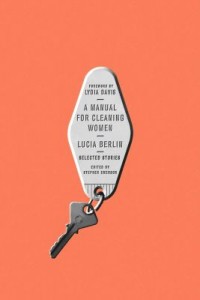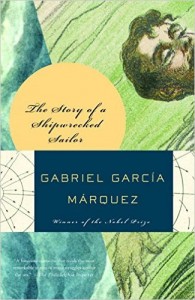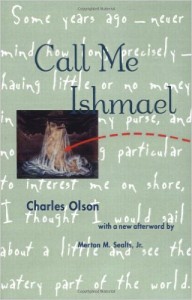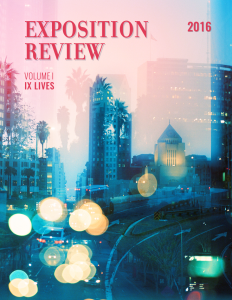
What should I read next? It’s a question we all ask ourselves time and again. Even with the countless essays, novels, screenplays, poems, and transmedia pieces to discover, to fall in love with or to detest, it can be a challenge to choose. Enter Expo Recommends, a curated selection of readings brought to you by the editors of Exposition Review.
This month, we have an Expo Associate Editor and Vol. I Nonfiction Editor Channing Sargent.
From Channing:
A book can change a life. All readers know that. We can name “the book that changed my life” without hesitation. But what do we really mean by that?
When a book changes me, it feels as if its words have entered my system and rearranged my molecular structure. My thought patterns shift. My sensibilities evolve. But maybe these books have simply shed light on shadowed nuances within my DNA, lit corners of my mind that were previously untouched. That is, I’m not changed, but awakened. I’m simply become more of who I am.
In any case, these are just a few of the books that have changed me—that is, you know what I mean.
A Manual for Cleaning Women by Lucia Berlin (Fiction)

Once, all I knew of writing that paints the entire American experience was Joan Didion. Then, for Christmas, my best friend bought me a Lucia Berlin book that she’d heard about on the radio. A Manual for Cleaning Women is a collection of fictional stories that read like nonfiction, which is my favorite kind. Inspired by her own experiences working various service jobs, struggling with addiction, and raising a family with humble means, she conjures literary miracles out of her descriptions of the ordinary and mundane.
The Story of a Shipwrecked Sailor by Gabriel García Márquez (Nonfiction)

The true story of the sole survivor of shipwrecked Colombian destroyer, The Story of a Shipwrecked Sailor is 100 pages of nonfiction that reads like fiction (my favorite kind). Written as a series of first-person articles for the Colombian newspaper El Espectador, they were published under the sailor’s name. It wasn’t until the collection was published as a book in 1970 that Márquez was publicly credited for the writing. But his ability to make magic out of details is unmistakable.
Call me Ishmael by Charles Olson (Nonfiction)

In New York City in the year 2001, I went through a major Moby Dick phase. I’ve refrained from including Melville’s masterpiece in my recommendations here, because it’s just too obvious. But my obsession with it led me to read a whole curriculum of inspired works within the Moby Dick expanded universe. Call Me Ishmael, published in 1947 and written by Beat poet Charles Olson, is a work of scholarly nonfiction that reads like poetry (again, fave). It explores Melville’s historical and literary influences for Moby Dick, including Shakespeare (King Lear, to be precise), and the gruesome, real-life shipwreck that inspired the characters of Ishmael and Ahab. Olson’s experimental poetic style still has the power to put a spell on me, and when it wears off, I want it back. This may be the only book I’ve read more than a dozen times.
Jordans by Hafeez Lakhani (Fiction & a Piece From Expo)

When I first read this piece, which had risen to the top of Expo’s slush pile, I felt that I’d listened to a most riveting NPR story, like those narrated-by-the-author memoir segments on This American Life. I still swear I can hear the narrator’s voice describing the fight on the bus. This is fiction that reads like gut-wrenching, universally relatable nonfiction. The protagonist Adnan, his twin sister Anisha, his schoolmate Felix, his dad, his crush Melanie, the Asian man who sells the shoes, we know these characters—they are all of us.